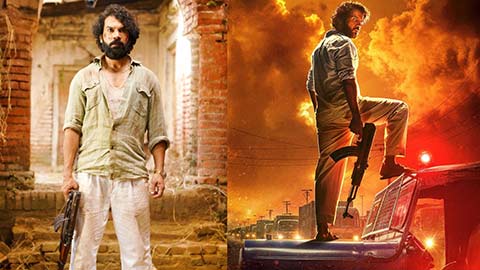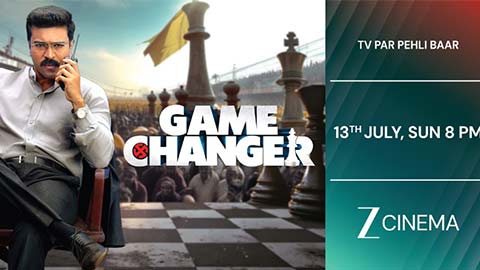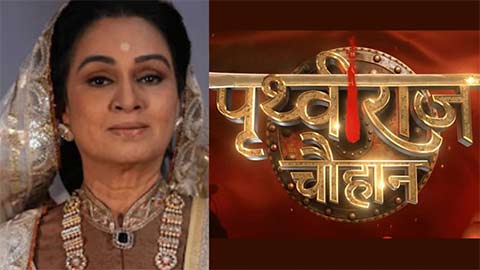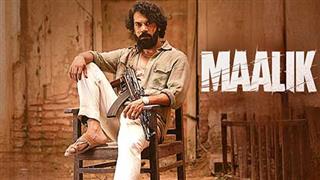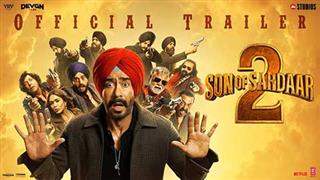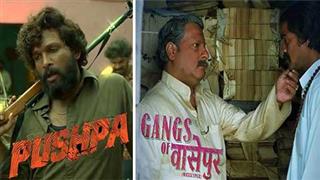As the civil war continues to take a toll on normal life in Afghanistan, there is one thing that locals look forward to amidst their constant battle to survive - the escapist fare of Bollywood movies! But despite being one of the biggest consumers of Hindi cinema, the war-ravaged country has no "official market" for the same.
"The people in Afghanistan will kill for a Hindi film. They watch nothing but Hindi films. People there have learned to speak Hindi only by watching Hindi movies and Afghans will give their life for Hindi cinema, " director Kabir Khan, who shot his "Kabul Express" there, told over phone from Mumbai.
"They just completely adore our movies, but the problem is that there is no official release of Hindi films there as they don't have cinema properties, as all have been destroyed by the Taliban, " he added.
"Most of the films shown in Afghanistan are pirated. As a matter of fact Aamir (Khan) sent a print of 'Lagaan' and we sent a print of 'Kabul Express' there as a goodwill gesture, " he explained.
Khan has made documentaries like "The Taliban Years and Beyond" and "The Titanic Sinks in Kabul" and his "Kabul Express" (2006) was the first international movie to be shot completely in post-Taliban Afghanistan.
"The people of Afghanistan love Bollywood. Our culture is so similar and the best part is that most of us learn Hindi watching Bollywood movies. Even before coming to India, I was quite fluent in Hindi, 80 percent of my language was just perfect, thanks to Bollywood movies, " Ex-Miss Afghanistan Vida Samadzai, who was in the capital to promote Hindi movie "Chase", told.
Hindi movies did roaring business in Afghanistan before being banned by the Taliban.
"Before Taliban and civil war hit my country, there were proper cinema halls in Afganisthan. For women, first front rows were reserved and males could sit in the back. It was fun...but Taliban destroyed them all. They had such strict rules that survival was difficult, " said Vida who left her country in 1994 for further studies in the US and settled there.
Most cinema halls were brought down during the civil war and those that survived were burnt down by the Taliban. The collapse of the militia in 2001, however, saw the emergence of some theatres.
Bollywood's association with the country goes back to 1946 when the first Afghan film, "Eshq-o-Dusti" was produced by Indian company Huma Films. Though the male leads in the movie were from Kabul, the actresses were Indian.
So far three films have been shot there from India. Feroz Khan's 1975 movie "Dharmatma" was the first ever Indian film to be shot there. Major shootings were done in Kunduz. It also has scenic shots of the Bamiyan Buddhas that were bombed out by the Taliban.
In 1992, Amitabh Bachchan-Sri Devi- starrer "Khuda Gawah" was shot extensively in Kabul, Mazar-e-Sharif and Kandahar. Despite being a dud in India, it ran to packed houses for 10 weeks in Kabul, according to reports.
And "Kabul Express" was the last film to be shot there.
Though not shot in Afghanistan, director Ujjal Chattopadhyay also made "Escape From Taliban" (2003) with Manisha Koirala.
Akshay Kumar-starrer "Elaan" (1994) was the first film to be screened in Kabul's Bakhtar cinema shortly after Northern Alliance forces assumed control of the Afghan capital.
Despite people's craze for Hindi movies, the Bollywood market is "next to nil" in Afghanistan, says Sunny Khanna, Balaji Motion Pictures Senior VP.
"No movie (from India) goes to Afghanistan. There is no distributor or Bollywood representative who will release a movie there. It's very rarely that a movie goes there or we are approached by them, " said Khanna, who has been in the business for more than a decade.
"In the last four to five years, no movie has had an official theatrical release there unless someone has bought the satellite rights (for TV), " he added.
So where does the content come from?
"The content that is being played there is smuggled. They can't play anything officially as they can't pay for it. So they get the prints pirated from warehouses in countries like India and Pakistan leading to theatrical piracy, " said an Indian overseas distributor from Cannes, on condition of anonymity.
Khan, however, is hopeful and said: "It's not a question of market. The country is coming out from 25 years of war and right now they are busy building their roads and infrastructure and their homes. The country is so poor they cannot even buy a ticket worth half a dollar.
"I believe that our films should be sent to them for free or at a minimal interest now to keep them going to theatres and then develop a market there, " he added.
Monday, April 19, 2010 10:35 IST



